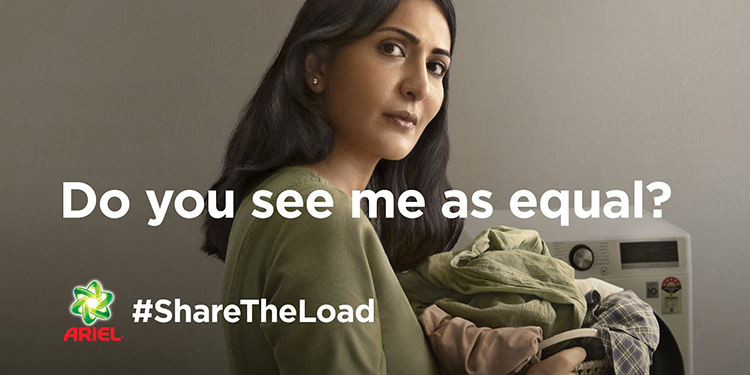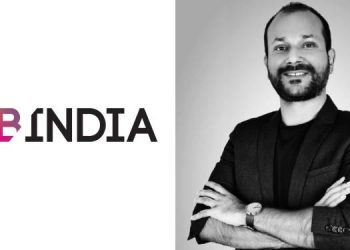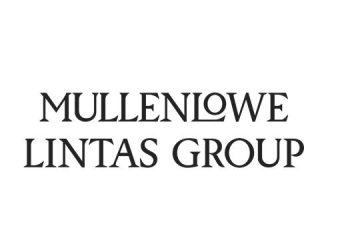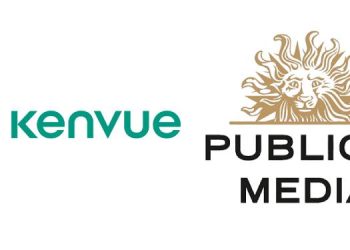Ahmedabad: Over the last seven years, Ariel India has continuously sparked conversations around the unequal division of domestic chores within households, urging more men to #ShareTheLoad. Taking this core message forward, Ariel joined hands with the reputed educational institute – MICA, Ahmedabad to host an online discussion on ‘How to #SeeEqual in Advertising’. The discussion was aimed at sensitizing students, who are the next generation of marketers and advertisers, to be conscious about depicting women in roles, characters, and context in a progressive way when they step into the industry as professionals.
The discussion focused on the importance of accurate representation of women, portraying them as equals across all mediums, but specially advertising. We are subjected to ads at such frequency that it impacts us subconsciously. Advertisements have the power to reinforce stereotypes, or challenge biased points of view with the power of presenting progressive, fresh narratives that unwind conditioning. The discussion highlighted that the audience reacts and adapts according to what they see on these platforms, forming long-lasting prejudices in society. The panelists emphasized that women should never be shown or represented as unequal or inferior to men in any context or content or as doing household chores like laundry, cooking or even parenting all alone as it’s a joint responsibility of a couple and a family.
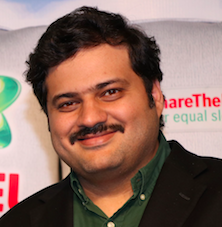
“Ariel #ShareTheLoad has sparked conversations to address the inequality in the division of household chores. And along with conversations, representation in content has a power to challenge stereotypes as well. We know that advertising narratives can go a long way in unwinding unconscious biases by challenging deep-set norms and accurately representing women as strong, dignified equals to men. Therefore, Ariel wants to leverage its voice to continue advocating for equality. By partnering with an esteemed educational institute like MICA Ahmedabad, who is developing the next generation marketers to be sensitive and aware, we got a chance to dialogue with the future of the marketing industry. This partnership can help us challenge biases, pave the way for more accurate and progressive representation, and propel us all into a more equal tomorrow,” said Sharat Verma, Chief Marketing Officer P&G India and Vice President, Fabric Care, P&G India.
The thought-provoking discussion was brought forth by the panel including Sharat Verma, Chief Marketing Officer, P&G India, and Vice President, Fabric Care, P&G India; Josy Paul, Chairman & Chief Creative Officer, BBDO India; Rohini Miglani, Vice President, Brand Building Integrated Communications, P&G for Asia, Middle East, India, Africa; Dr. Falguni Vasavada, Professor & Chair, Strategic Marketing Area at MICA; and Professor Samera Khan, Adjunct Faculty, MICA.
“The portrayal of women in advertisement is crucial, and a responsibility of the marketers and advertisers to project an imagery that is equal. The role is not just about selling the product anymore. The purpose is long-driven, and any form of content creation must stand on the values of a progressive and equitable society where men and women are seen and treated as equal at home, and outside of it. While women have broken all barriers and have championed the erstwhile men’s domain, men are still far away from sharing the household responsibility equally with the lady of the house, thus overburdening her with dual responsibility. We at MICA, were excited to have such an insightful session with Ariel team, that could enable the students to challenge the narratives as they enter the corporate world,” said Dr. Falguni Vasavada, Professor & Chair, Strategic Marketing Area at MICA.
Ariel has not been an ally of women only to help them fight off the stains from their clothes but has also been an advocate of their equal rights within households for years. Today, because of its continuous efforts for the past seven years for gender equality at home through its #ShareTheLoad movement, the laundry brand has enabled conversation that can help drive social and cultural change. In 2014, a majority 79% men thought laundry is only a woman’s job but this has consistently dropped over the years to 41% today.

